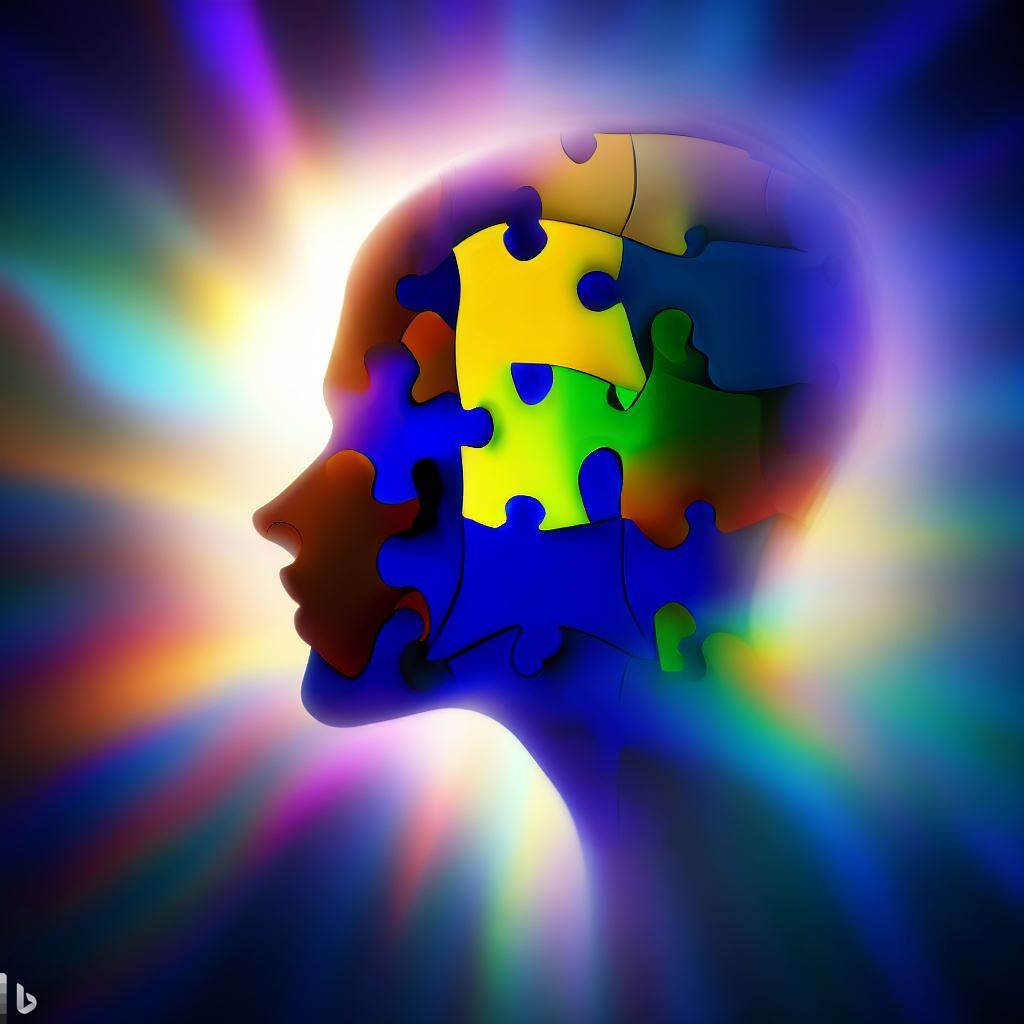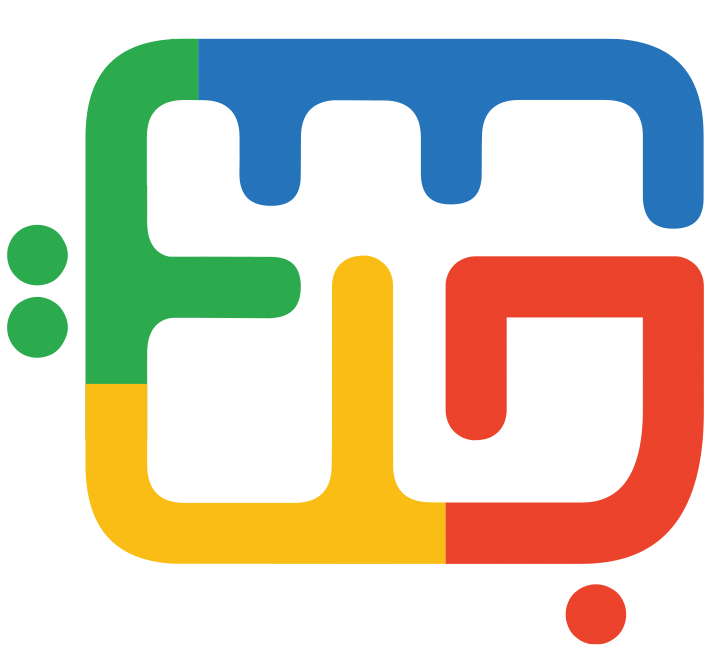Let’s explore this further. It is essential to understand what autism is, its causes, and its symptoms. And how to communicate and interact with individuals who have this condition. Moreover, it is vital to explore the various available treatment options.
What Autism Is?
Autism Spectrum Disorder (ASD) is a term used to describe Autism. In 2013, the American Psychiatric Association changed the terminology from “Autism” to “Autism spectrum disorder”.
In childhood, autism spectrum disorder (ASD) is typically diagnosed as a neurodevelopmental disease, Around one in every 100 children worldwide is estimated to have autism.
A developmental disability is a result of differences in your child’s brain. Individuals with ASD have the ability to behave, interact, and learn in different ways than others.
Autism spectrum disorder causes problems in the functioning of society–social, academic, professional, and so on. It is common for children to develop autism symptoms within the first year.
A few children appear to be developing typically in the first year. During the period of regression between eighty and twenty-four months, they develop autism symptoms.
Intensive, early treatment can make a significant difference in the lives of many children, even though autism spectrum disorder is not cured.
What About Autism Symptoms?
Autism symptoms vary from mild to severe impairments, and each individual looks different, contact your child’s healthcare provider if they show any of these symptoms.
Social Communication and Interaction Skills
- Fail to respond to his or her name.
- Poor eye contact and lack of facial expressions like happy, sad, angry, and surprised.
- Is resistant to cuddling and holding, and prefers playing alone.
- Unable to speak, say words or sentences, cannot initiate conversation, May repeat words or sentences and cannot understand using them, speak with an immoderate tone, and may use a robot-like speech.
- Unable to convey emotions and seem oblivious to the feelings of others.
Restricted and Repetitive Behaviours
- Repetitive body motions such as rocking, waving, spinning, and running back and forth.
- Makes activities that could cause self-harm, such as biting or head-banging.
- Has unique responses to the manner properties of sound, smell, taste, look, or feel.
- Has a habit of lining up toys or playing with them, in the same manner, each time, following specific routines, or reacting strongly to minor changes in routine.
- Has major sensory aversions, such as aversion to loud noises, aversion to how certain clothes adapt or feel, or a very challenging diet.
- Displays sensory-seeking behaviours such as looking out the corner of their eye at objects, sniffing or licking them.
Autism Causes
Autism is not a clear cause, but research suggests genetic factors such as Fragile X syndrome or genetic mutations and environmental factors like viral infections, medicines, complications during pregnancy, or air pollutants play a role in autism as possible causes.
Finally, Individuals with Autism may lead typical lives; however, they often require additional services and support as they age.



